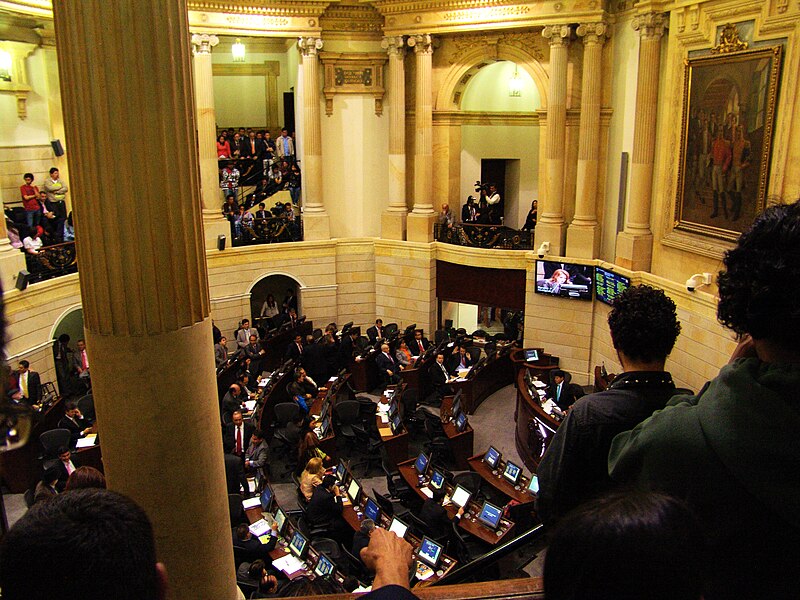
Plans for economic reactivation in Colombia are detailed. The Minister of Finance, Ricardo Bonilla, outlined the main lines of the plan announced by the President of the country, Gustavo Petro, on April 28, after an extraordinary Council of Ministers. Bonilla outlined that the government is working with reductions in rents, reactivation of construction and relief to the tourist sector.
Within the framework of the press conference of the Bank of the Republic, Colombia’s central bank, in which the reduction of up to 50 points in the interest rate was announced, the Minister of Finance explained some details of the government’s ideas to consolidate an economic recovery which, for now, seems weak, after a complicated 2023 for the sector.
Consolidating interest rate cuts
Although this decision does not depend on the government, as it is the central bank that determines them, the minister was convinced that the good inflation data will mean further interest rate cuts. Since May 1, the price of money in Colombia stands at 11.75 percent, still too high to allow affordable credit to companies and consumers in general.
“The expectation is that we can continue lowering rates at a faster pace to contribute to the reactivation and financial closure of many activities,” said the minister. In this sense, in the vote that approved the last rate decrease, there were participants who were betting on larger decreases, up to 75 and 100 points, which indicates that a gap has been opened in the central bank body that may, in the near future, decide on larger decreases.
Some experts, such as Luis Fernando Mejia, executive director of Fedesarrollo, an independent economic and social research entity, indicates that by December of this year the interest rate could be at 8 percent.
Increase debt quota
Interest rates also affect the Colombian debt and this was recalled by Ricardo Bonilla. “A reduction in the interest rate must be complemented with the need to have a more orderly management of the Colombian public debt because it is not possible to have some debts outside the quota and others above the quota”, said the minister.
On this point, it should be recalled that the debt of the Fuel Price Stabilization Fund is not accounted as debt. The Colombian government has been trying for a year and a half to reduce the deficit on this point, by ceasing to subsidize the price of fuels, something that generates much controversy in the country, since gasoline prices have increased significantly and now the price of diesel will follow.
Thus, the extension of the debt quota continues to be of interest to the government. According to the Minister of Finance “the law for the extension of the debt quota has already been filed and will be given an urgency message” to be debated in Congress.

Other key drivers of economic recovery in Colombia
One of the main sectors affected by the high interest rates of the last two years is the construction and real estate sector, as the increase in the value of mortgages has slowed down construction and real estate sales during the second half of last year.
The recovery of this sector is key for economic growth, as it employs an important part of the Colombian labor force, with important derivations in the country’s economy.
On the other hand, the Minister of Finance pointed out that fiscal incentives are being examined, such as reducing the nominal corporate income tax rate, incorporating incentives for investment in renewable energies and incorporating incentives for tourism. The latter is a sector in which the government has high hopes. In addition to the good data of the last year, Gustavo Petro’s government is interested in continuing to promote Colombia abroad and attract new international tourists.
Regarding the reduction of the nominal income tax rate for companies, it must be said that President Petro raised it in December 2023, when he said that the tax reform approved by his government in 2022 “was radically transformed by judicial decisions”. Among others, the president referred with this to the judicial annulment of the point of the reform that prohibited the deduction of oil royalties, which meant that the State would stop receiving around five trillion pesos annually.
See all the latest news from Colombia and the world at ColombiaOne.com. Contact our newsroom to report an update or send your story, photos and videos. Follow Colombia One on Google News, Facebook, Instagram, TikTok and subscribe here to our newsletter.


